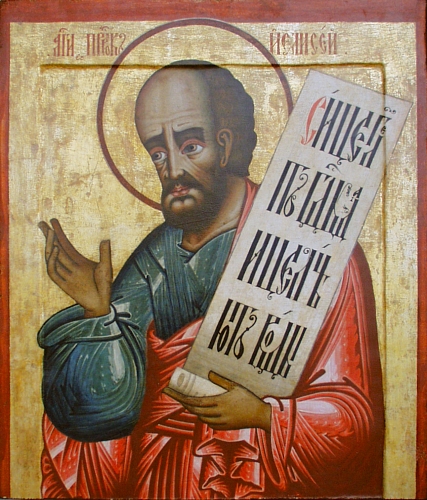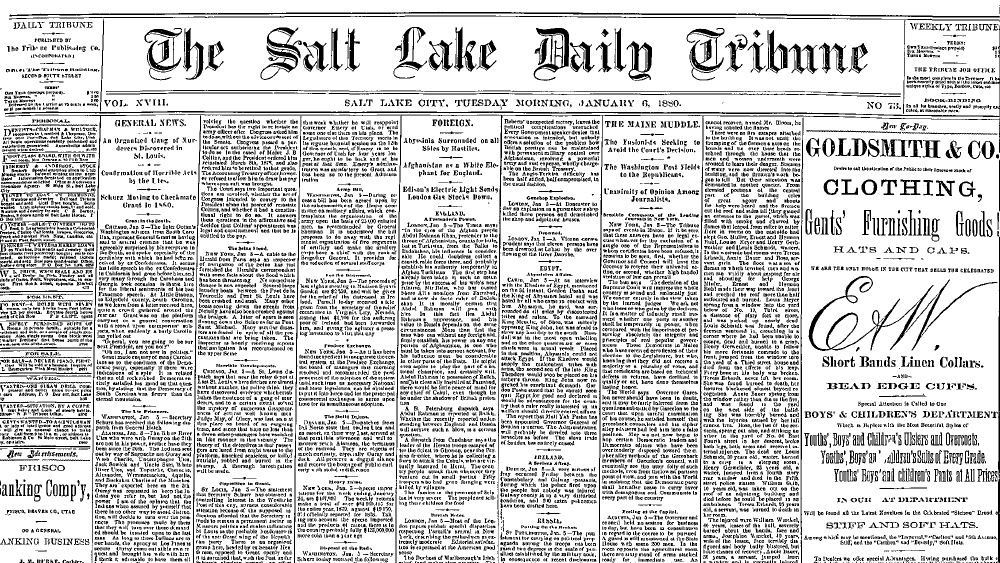2022 FAIR Conference is Only a Month Away
One month from right now, where will you be? Will you be settling in to hear Dan Peterson speaking about Reflections of a Latter-day Saint Movie Maker as the 2022 FAIR Conference draws to a close?
We would love to have you join us at the FAIR Conference this year! We have some exciting speakers lined up that will be talking about a variety of topics such as:
[Read more…] about 2022 FAIR Conference is Only a Month Away




